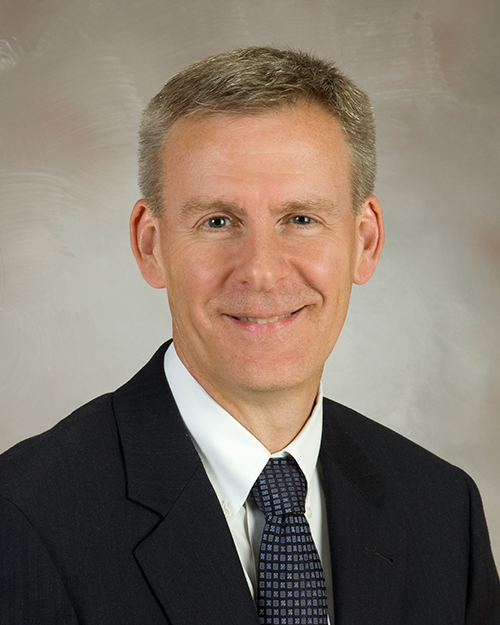- Find a Doctor/Provider
Find a Doctor/Provider
- Find Locations
- Patient Care
Patient Care
UT Physicians provides primary and specialty care for patients of all ages. We have over 2,000 health care providers with expertise in more than 80 specialties and subspecialties. From routine visits to advanced services, our physicians practice at more than 100 locations across the Greater Houston area. Find the care you need and schedule an appointment with us today.
- Patient Information
New Patient?
If you are a patient of UT Physicians, the information below outlines our process and facilities to facilitate a relaxed and successful experience.
Billing
Patient Services
1-855-877-2808
Customer Service Hours
Mon – Thu, 8 a.m. to 8 p.m.
Fri, 8 a.m. to 5 p.m.
Sat, 9 a.m. to 1 p.m.
CST time zone
- Why UT Physicians
With more than 2,000 clinicians certified in more than 80 medical specialties and subspecialties, UT Physicians provides multispecialty care for the entire family.
- Careers
Alert!
There has been an error in displaying this message. Please contact the site administrator.









